Ke Huy Quan may have one of the best Cinderella stories in Hollywood history. After rising to fame in the mid-1980s as a child actor in “Indiana Jones and the Temple of Doom” and “The Goonies,” Quan decided to step away from acting in the early ’90s, feeling disillusioned by the lack of non-stereotypical roles for Asian Americans. For decades, he found steady work as an assistant director and fight coordinator, but secretly harbored dreams of eventually returning to working in front of the camera.
In 2022, Quan burst back onto the scene as Waymond Wang, the affable husband of Michelle Yeoh’s disgruntled laundromat owner Evelyn, in the A24 multiverse film “Everything Everywhere All at Once” — a performance that earned him, among many other accolades, the Academy Award for Best Supporting Actor. Since then, Quan has played a key role opposite Tom Hiddleston in the second season of Marvel’s “Loki” and voiced a pangolin in “Kung Fu Panda 4.”


But for his first starring role since “Everything Everywhere,” Quan, at the suggestion of his former director Steven Spielberg, decided to return to his action roots. In “Love Hurts,” the new action-comedy film that marks the directorial debut of “Black Panther” and “John Wick” stunt coordinator Jonathan Eusebio, Quan stars as Marvin Gable, a seemingly mild-mannered Milwaukee realtor who is pulled back into his old life of crime.
After the old partner that he had left for dead (played by Academy Award winner Ariana DeBose, who presented Quan with his own Oscar) re-enters his life, Marvin is thrust back into a world of ruthless hitmen and must reckon with the pervasive influence of his volatile crime lord brother, Knuckles (Daniel Wu).
“We made this movie for those action fans. [These are] the type of movies that I loved watching growing up, where you just go and you have a good time,” Quan told IndieWire. “It’s fun, it’s not asking much in return, and hopefully everybody who watches this movie can come out feeling a little refreshed and a little more energized.”
This past Monday, on the day of the “Love Hurts” premiere, Quan was honored with a special hand-and-footprint ceremony at the iconic TCL Chinese Theater, where he was fêted by his former “Goonies” co-stars, 40 years after he witnessed Spielberg and George Lucas participate in the same ceremony. (Though Sean Astin was not present for the ceremony, he plays Quan’s boss, Cliff, in “Love Hurts.”)
“When I read the email for this, I thought I was being invited to someone else’s ceremony, and I was actually searching through the email and wondering who is being honored,” Quan recalled on Tuesday. “When I saw my name, I had to read the email again: ‘Wait, could this be true?’ Immediately, I was that 13-year-old self watching my favorite filmmakers having their hands imprinted in cement. It’s such a surreal, full-circle moment.”
The following interview has been edited and condensed for clarity.
IndieWire: What appealed most to you about putting your own twist on the classic action hero?
Ke Huy Quan: When I was younger, I always wanted my own action movie, and that’s why I went to study martial arts and got a black belt in Taekwondo. This is a genre that I love a lot. In the past, you had your traditional action heroes like Schwarzenegger, Stallone and Steven Seagal, and they always act a certain way, or they’re always very cool. So, to be able to first challenge the status quo and create a new mold for a different kind of action hero was really refreshing. I didn’t think it would ever happen. We had the premiere, and to see the response that we got from the movie was like, “Wow, times have changed.” I think it’s a testament to [the fact that] the audience is looking for something different.
 Ke Huy Quan in ‘Love Hurts’©Universal/Courtesy Everett Collection
Ke Huy Quan in ‘Love Hurts’©Universal/Courtesy Everett CollectionYou had an opportunity to reunite with “Goonies” screenwriter Chris Columbus and your former co-stars Josh Brolin, Jeff Cohen, Kerri Green and Corey Feldman at your hand-and-footprint ceremony at the TCL Chinese Theater. Sean Astin also plays your boss in “Love Hurts.” Prior to this week, when was the last time you had seen all of the other Goonies in person?
Oh my gosh, it was a long time ago. I remember when the DVD came out, which was probably 20 years ago, when all of us got together for that incredible photo, and during the pandemic we had an incredible reunion with all of us, but that was virtual. I think when [producer Richard] Donner passed [in 2021], we were not all there, but [we wanted] to honor the man who gave us this incredible movie and adventure. That day was quite emotional.
To have them come to celebrate with me was really amazing and also emotional for me. I didn’t know if Chris was going to come, so I was utterly surprised when he said yes. And then, of course, having Josh there reading Steven’s speech and then giving a very moving speech himself too. I don’t know what I’m feeling right now. I think I’m going to need a lot of time to really reflect on what happened.
“Love Hurts” feels like the culmination of your decades of experience as a stunt performer and coordinator in Hollywood and Hong Kong. What did you make of the experience of returning to this genre in your early 50s, and was there a particular fight that you found most challenging to pull off?
The most challenging — and I thought it was really creative and something very different than what we’ve seen in the past — was the kitchen fight with Marshawn Lynch and André Eriksen. I’m very proud of that fight. In fact, I’m very proud of all the fights, but I grew up watching movies from Hong Kong in the early ’80s where the actors like Jackie Chan and Sammo Hung did all the fights.
Having worked behind the camera as an action choreographer and also having done movies in Hong Kong, I know what it takes to do these kinds of fights. And honestly, bruises, aches and pains come with the territory. I feel like I should get an endorsement from Epsom Salts because I would soak in a salt bath every night throughout the entire production. [We had] 36 shooting days with five epic fight scenes. The scheduling was really, really challenging, but to be able to pull it off and to see the end result makes me want to go out and do it again.
At one point in the film, shortly after the kitchen fight, your character is described as “a spider-monkey-ninja-god.”
By the way, that was an ad-lib from Marshawn. He’s incredible.
What do you think can be revealed about Marvin as a character through the way he fights? What kind of story did you want to tell through the way he moves?
That was by design. In the script, if you look at the kitchen fight, it’s just a fight scene; it didn’t have a narrative. I was taught that fight scenes are only good if you can learn something from the character or if it tells a story, and I felt there was something missing. When I had that conversation with Jojo [Eusebio] and our second unit director and action choreographer, Can Aydin, I said, “What if he just got this incredible certificate from his mentor Cliff, and he’s so happy because it’s a validation of his new life? And the story of this fight is him holding onto that certificate, which represents his current life, while he’s being dragged back to his old life by these two assassins.”
You learn so much without a single [line of] dialogue; you learn so much about what is going through Marvin Gable’s mind. For example, the first fight with Raven, it’s about keeping his past a secret from his colleagues. And that’s why, even though his hand has been impaled, he’s trying to keep everything hush-hush so that his colleagues don’t know what’s going on.
 ‘Love Hurts’©Universal/Courtesy Everett Collection
‘Love Hurts’©Universal/Courtesy Everett CollectionThe film culminates in an epic fight scene between you and Daniel Wu, an icon of Hong Kong cinema. You and Daniel have run in the same professional circles for years now, but what was it like for you to finally square off against him onscreen?
That scene is just a very classic Hong Kong martial arts fight. First, Daniel is an incredible martial artist himself. I remember before we got to this fight, we trained separately and we never rehearsed together. Even though we worked on “American Born Chinese” before, we didn’t have any scenes together, and this was [shot] towards the end of production. Everybody was really exhausted, and I was a little worried, because the finale needs to deliver. And my gosh, when we got on set and when we locked arms for the first time, we were so in sync. He was just the perfect dance partner, and he’s incredible. I think we shot it in two days, including all the dramatic stuff, and we just kept moving. I think it was like an 18-hour shooting day, but we knew all the moves; we really went at it. One of the inspirations for that scene is “Dragon Forever” with Jackie Chan and Benny “The Jet” [Urquidez]. It was exhausting, but every time we went at it and we got the shot, we were just so happy. We knew what we were doing. I could not have asked for a better brother, even though he kills and makes me do really bad things. (Laughs.)
Up until a few years ago, you were still considering whether a return to acting was the right choice — you were even on the verge of losing your health insurance at one point. How has your life changed since winning your Academy Award for “Everything Everywhere”? And now that you have more creative control over your work, how have you gone about choosing your projects and collaborators?
First of all, I feel like because I stepped away from acting for more than 20 years, there’s a lot of catching up to do. What is incredible is that ever since I won the Oscar, on a personal level, my lifestyle hasn’t really changed; we’re still the same people. But on a professional level, my gosh, it’s like night and day. So many doors have opened, and if you look at “Love Hurts,” I mean, come on! Me being an action hero, being the number one on the call sheet — it’s really amazing. I love the action genre but also I love movies, so I love watching all different kinds of movies and hopefully I’ll get to do stuff that I really wanted to do when I was a much younger man.
There’s a long wishlist, if you want to call it that, and hopefully I will get to check one off at a time. There’s so many filmmakers I want to work with, so many different genres. For example, I really want to play a serial killer, just a bad guy. Even though I got a little taste in “Love Hurts,” I want to do one where it’s like a classic horror movie, kind of like what Hugh Grant did in “Heretic.” So who knows? We’ll see. [Editor’s note: The day after our interview, Deadline announced that Quan will star opposite Lili Reinhart in the new horror film “Bad Boy,” in which he will play — you guessed it — a serial killer.]
Your career is a fascinating study of how Asians have been represented in Hollywood — we were once relegated to racist, stereotypical parts, and you returned to acting just as the industry was beginning to embrace the richness and diversity of Asian stories. How do you see your position in the business now? Do you feel any kind of responsibility for the Asian actors who will come after you?
For many years, I was worried [about] my next job, and what’s really interesting is that now that I get to enjoy the success, I have a different kind of worry. Knowing how hard it is for someone that looks like me to achieve this kind of success, what’s on my mind — aside from trying to make interesting movies that don’t disappoint fans — is, how do you keep it [going]? Because I understand the responsibility of what Michelle Yeoh has achieved and what I have achieved in the last couple of years. I’m very lucky and I feel very grateful, but so many people look to us and say, “Yes, you have done it. Michelle Yeoh has cracked the glass ceiling. OK, so what next? What are the next steps that you’re taking?”
It sounds a little pretentious, I hate it — but what we have achieved in the last couple of years is [like] we’re carving a new road. What’s incredible is that so many people in the AAPI community are like, “[You’re] so inspiring. We’re so happy for you, and you showed us what can be done.” So I do feel this huge responsibility, and that’s why every movie that I take on now, I have them in mind. But I also have all those incredible people and fans that were rooting for me, that were so happy for me. I still meet them. I love meeting them on the streets and hearing them sharing their own struggles and their own stories. So I do put that pressure on myself.
This movie is a testament to how far we have come, but also it’s a testament to how Hollywood has changed. Universal Studios spent a shitload of money making this movie and an even more shitload of money marketing this movie. I live in Los Angeles and I drive around town and see myself up on the billboards. So many friends, so many people, have reached out and said, “Ke, your face is everywhere!” And for a major studio like Universal to believe in this movie and to believe that I am a leading man, it’s so thrilling and so heartwarming.
A Universal Pictures release, “Love Hurts” is now playing in theaters.


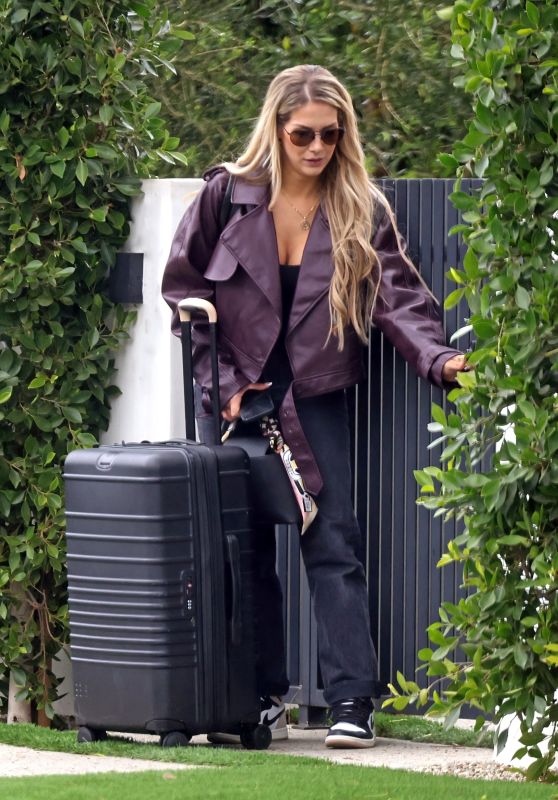
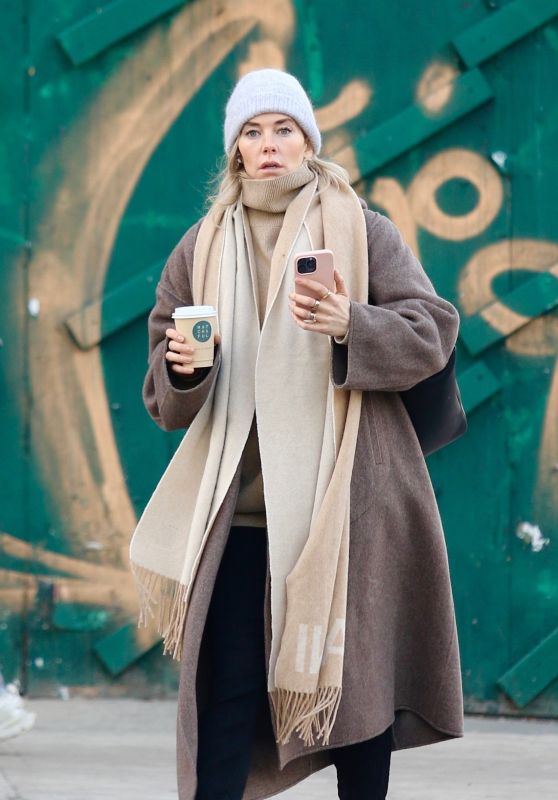
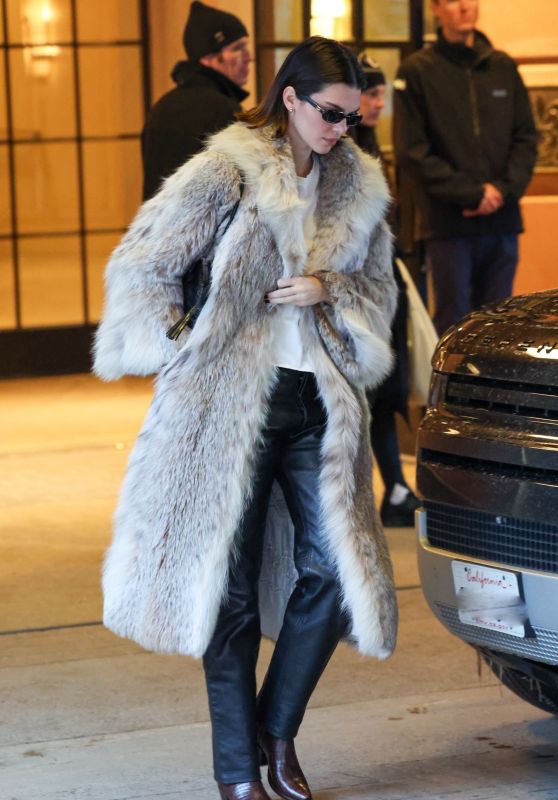


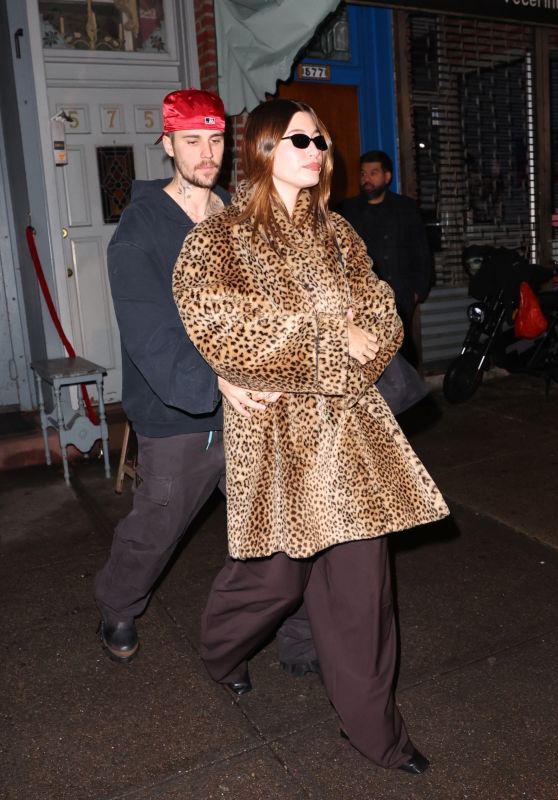

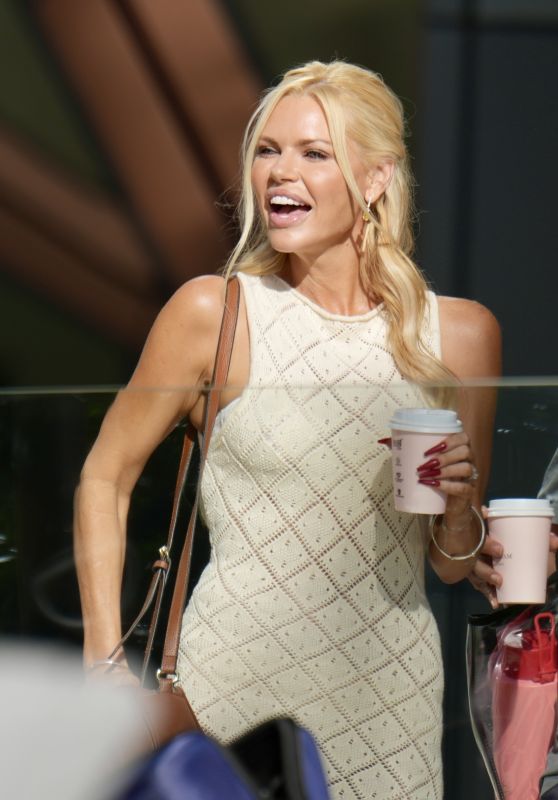


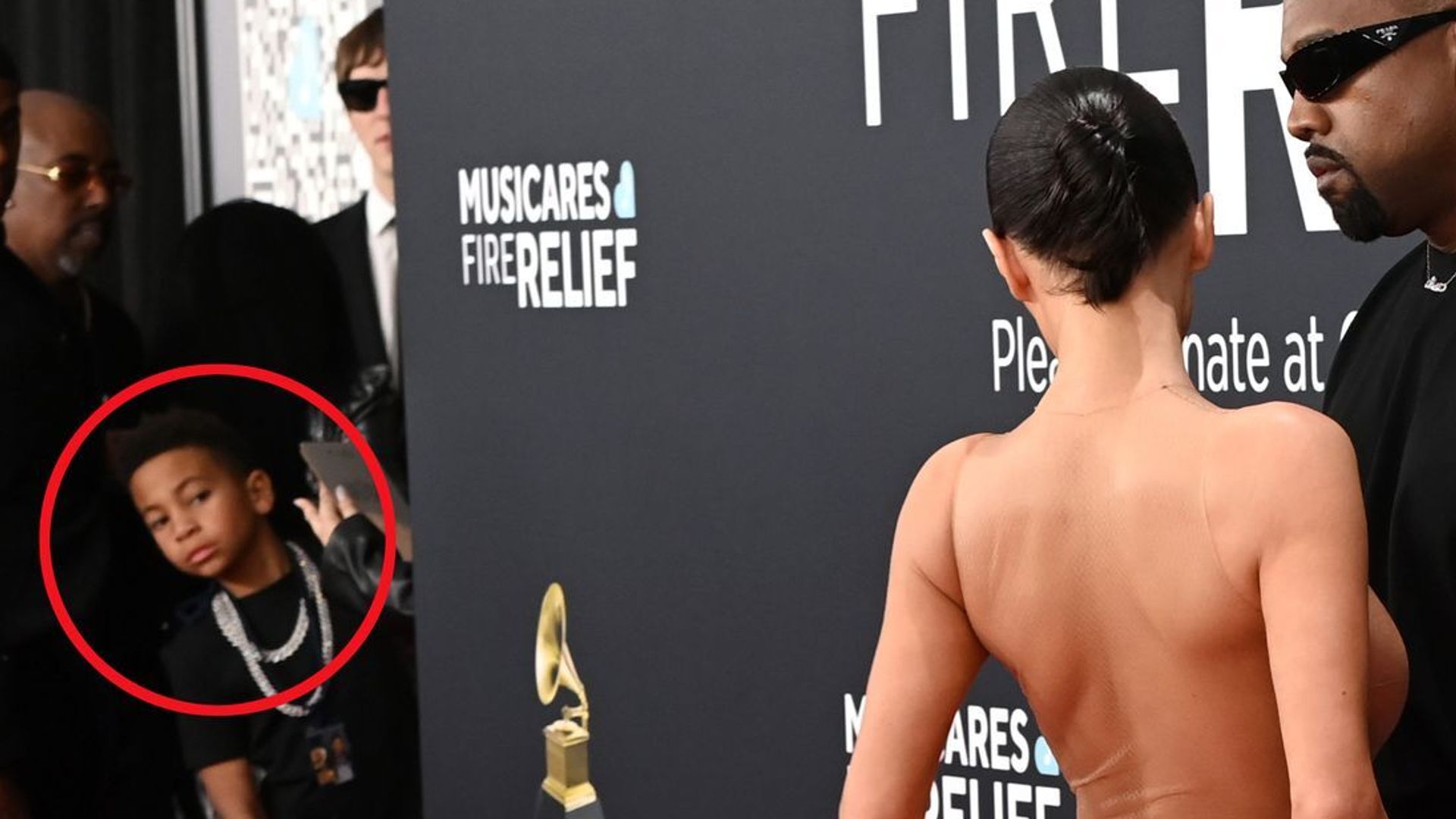)






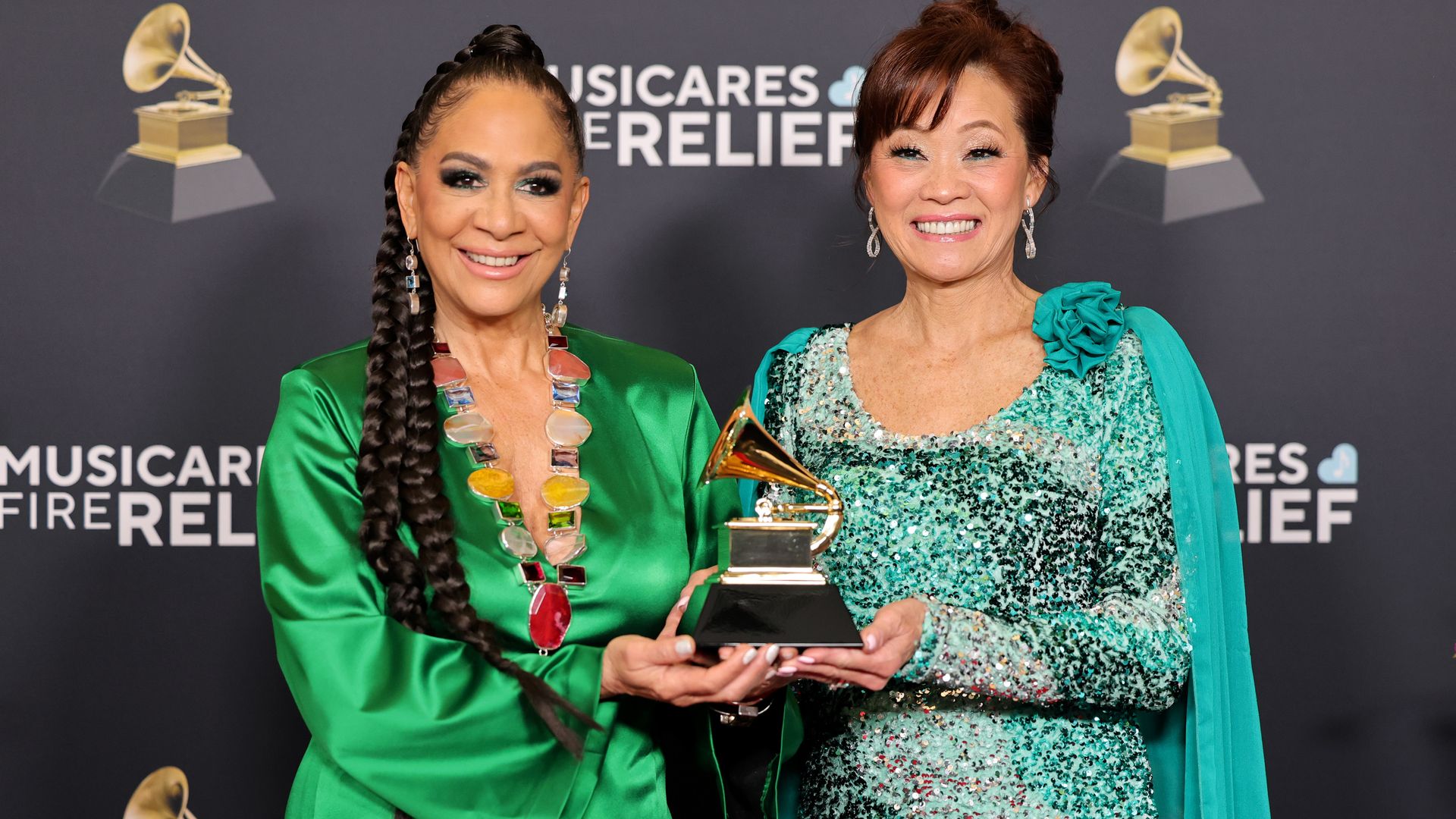)
 English (US) ·
English (US) ·